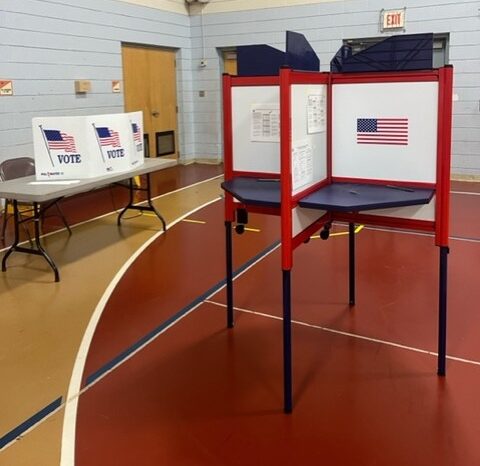The newly released Pan Atlantic Omnibus Poll shows slightly more people think the state of Maine is headed in the “wrong track” than the “right direction.”
According to the poll, a plurality of respondents (41%) indicated that they feel that things in Maine are off on the “wrong track,” while 39% feel that things are generally headed in the “right direction.”
The right direction numbers have trended downward since 2022, when more people (47%) said the state was headed in the right direction rather than down the wrong track (39%)
A Strong majority of Democrats (66%) currently think the state is headed in the right direction, while those numbers are far lower for both Independents (25%) and Republicans (20%).
More people in the Democratic 1st congressional district (45%) than in the Republican leaning 2nd congressional district (35%) said that the state is headed in the right direction.
The poll shows the Cost of living / Inflation is the most important issue facing the state by far (65%), followed by Immigration (39%), and Housing / Homelessness (33%).
The Pan Atlantic Omnibus Poll also surveyed the popularity of seven political figures, including Maine U.S. Senators and Representatives as well as Governor Janet Mills, and national figures Elon Musk and President Trump.
All Maine-based figures had positive net favorability ratings led by Independent Senator Angus King (+38) and 1st District Democratic Representative Chellie Pingree (+29).
Republican Senator Susan Collins had the lowest favorability rating (+4) of the five Maine figures. The favorability rating for Governor Janet Mills was +8 and was +7 for 2nd District Democratic Representative Jared Golden.
The poll noted net favorability for Janet Mills has declined by 14 percentage points
from her highest net favorability of +22 in October of 2022.
President Trump (-9) and Elon Musk (-19) both had net unfavorable ratings.
Net favorability for Donald Trump has declined by six percentage points from -3 in February of 2025 to -9.
The Pan Atlantic Omnibus Poll is a sample of 840 likely voters, with a margin of sampling error of 3.5% at the 95% percent confidence level.






